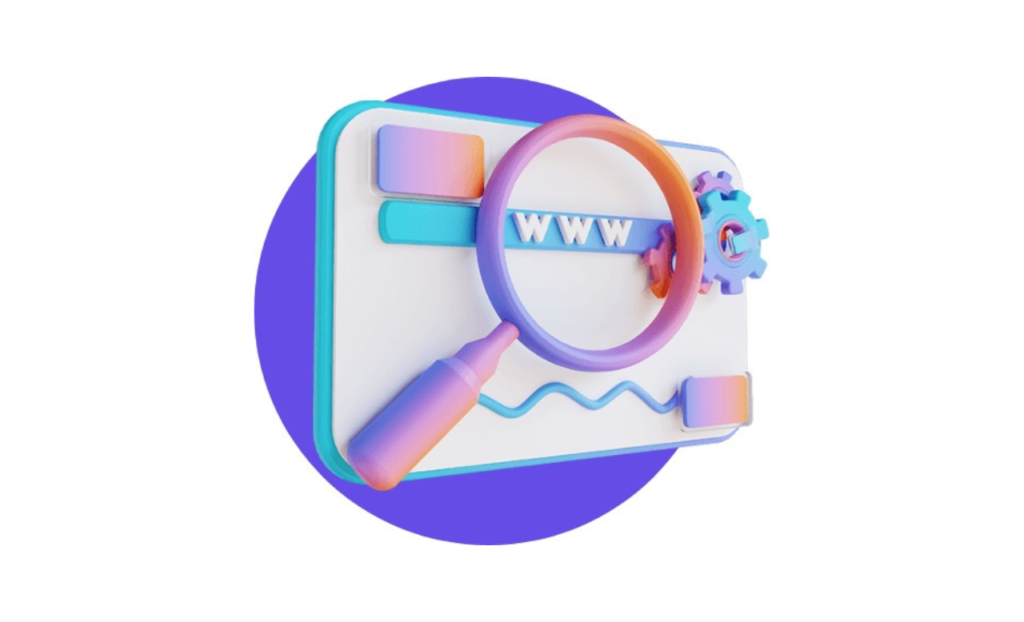In today’s digital age, having a website is no longer considered a “nice thing to have” for businesses. It’s crucial. A website has become a necessary tool for businesses of all sizes and industries to reach and connect with their customers, showcase their products and services, and establish their online presence. Here are a 5 reasons why a website is crucial in today’s market:
- Visibility and Reach: A website allows businesses to be visible 24/7 to customers all over the world. It also gives them the ability to reach a wider audience than they would be able to reach through traditional brick-and-mortar methods.
- Establishing Credibility: Having a professional website can help establish credibility and trust with potential customers. It shows that the business is serious about their online presence and is dedicated to providing customers with accurate and up-to-date information.
- Cost-effective Marketing: A website allows businesses to market their products and services in a cost-effective way. It can be used to create and share content, such as blog posts, videos, and infographics, that can be used to attract and engage potential customers.
- E-commerce: A website provides a platform to sell products or services online, which is becoming increasingly important as more people prefer to shop online. Additionally, it also allows businesses to automate their sales process, saving time and money.
- Customer service and support: A website can be used to provide customer service and support, allowing customers to find answers to their questions and concerns quickly and easily. This can help to improve customer satisfaction and loyalty.
In conclusion, a website is no longer a luxury but a necessity for businesses in today’s market. It provides a platform to reach a wider audience, establish credibility, market products and services cost-effectively, sell products and services online, and provide customer service and support. Businesses that don’t have a website are missing out on the many opportunities and benefits that a website can provide.
Setting up a website can seem like a daunting task, but with the right planning and preparation, it can be a smooth and easy process. Here are a few tips to help you get started:
Things to know before you get started when setting up a website
- Define your target audience: Before you begin setting up your website, it’s important to understand who your target audience is and what their needs and preferences are. This will help you to create a website that is tailored to their needs and will be more likely to attract and retain visitors.
- Choose a domain name: Your domain name is the address people will use to find your website, so it’s important to choose a name that is easy to remember and relevant to your business.
- Choose a web hosting provider: A web hosting provider will store your website’s files and make them accessible to the public via the internet. There are many hosting providers to choose from, so research carefully and choose one that suits your needs and budget.
- Create a website design: The design of your website is important as it sets the tone and style of your business. It is also very important to keep it responsive as most of the internet users are browsing on mobile devices.
- Develop the content: Once you have your website design in place, it’s time to develop the content. This includes text, images, videos, and other media that will be used on your website. Be sure to use high-quality, relevant content that will engage your audience and provide value.
- Test and Optimize: Before launching your website, make sure to test it on different devices and browsers. This will help you identify and fix any issues that may be present. Once your website is live, keep track of the website’s performance and optimize it regularly.
- Promote your website: Once your website is live, it’s important to promote it to attract visitors and customers. This can be done through a variety of methods such as social media, search engine optimization, and advertising.
- Keep your website up to date: Websites require regular maintenance and updating to ensure they are running smoothly and are secure. It is important to keep your website up to date with the latest content, features, and security updates.
By following these tips, you will be well on your way to creating a website that is professional, engaging, and effective.
